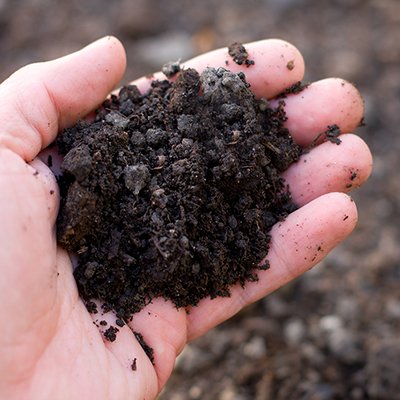What You Need to Know About Plant Fertilizer
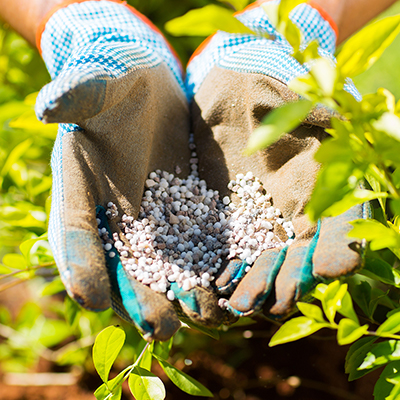
Last updated September 7, 2023
Healthy flowers, vegetables and lawns need nutrition in the form of fertilizer. Because plants' needs vary, for example, a hanging basket of petunias, a vegetable garden and a shrub like azalea planted in the ground will each require different formulas at different rates for healthy growth.
Properly used fertilizers keep plants healthy, happy and thriving. Learn more about choosing and using fertilizers for your garden.
Table of Contents
Understanding N-P-K
Choose the Right Fertilizer for Your Garden
When to Choose Organic Fertilizers
How to Apply Fertilizer
Keep Container Plantings Fresh
Understanding N-P-K
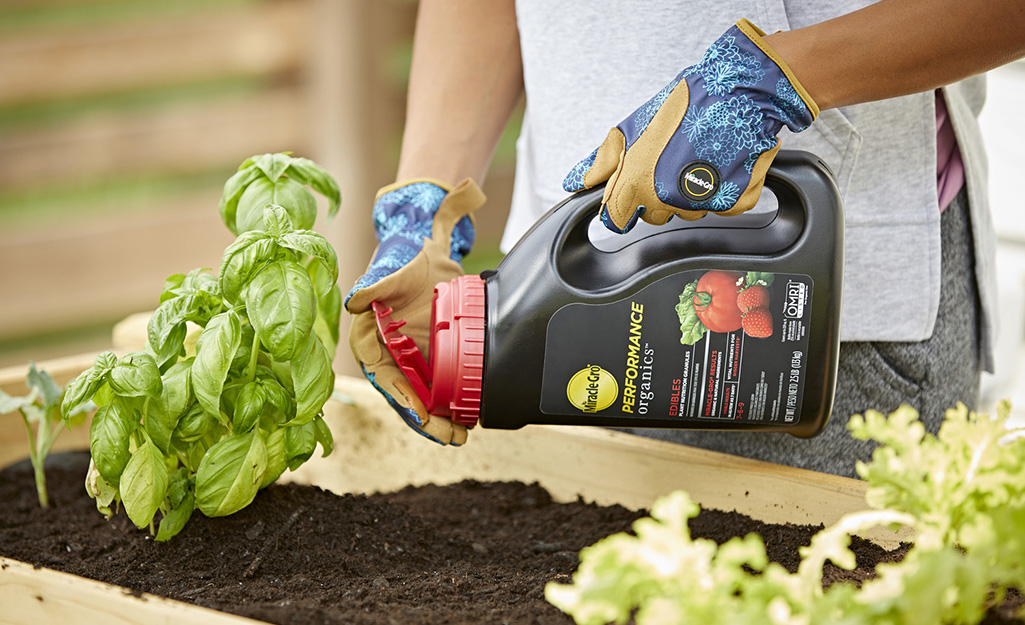
Start with the building blocks of plant nutrition: N, P and K. You’ve probably noticed these numbers on packages, expressed in sequences like 10-12-10 or 5-10-10. Remember your middle school science to interpret this code. N is for nitrogen, P is for phosphorus, while K stands for potassium, and they’re on the package as N-P-K.
The ratio in each bag of fertilizer is by weight, so a lawn fertilizer that is 22-23-4 has 22 percent nitrogen, 23 percent phosphorus and 4 percent potassium, by weight. The remainder is filler to help spread the product.
How do these elements help plants? The easiest way to remember the value of N-P-K is “the up, the down, and the all-around.” Nitrogen (“the up”) promotes rich, green foliage growth. Phosphorus (“the down”) focuses the plant’s energy on root growth and producing flowers, fruits and seeds. Potassium is the all-around, enhancing overall performance. Potassium boosts disease and pest resistance as well as cold and drought tolerance.
Choose the Right Fertilizer for Your Garden
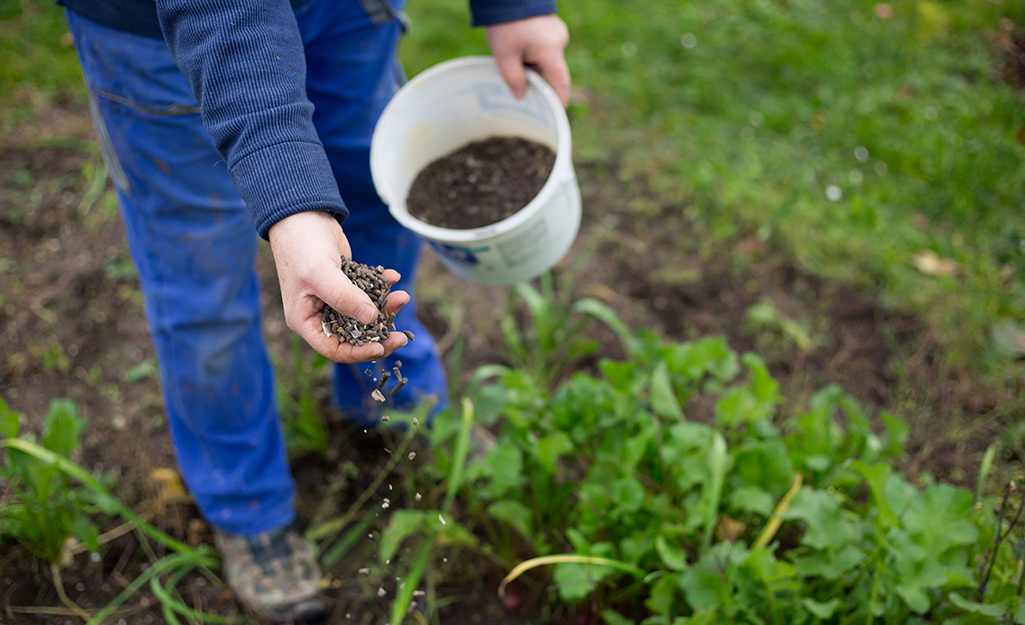
Choose the right fertilizer for the right plant. Most plants, including annuals, roses, orchids, vegetables and lawns have different feeding needs. Check the label to see if the fertilizer is intended for a particular type of plant and choose the right kind for your garden.
Lawn fertilizers have a high nitrogen content because soil provides sufficient phosphorus and potassium for grass.
Nitrogen is important for edibles, too, but phosphorus and potassium are essential for bountiful fruit. That’s why the P and the K numbers are higher on fertilizers for those crops.
Flowering bulbs like daffodils and tulips will need a formula with a high phosphorus ratio to boost root growth.
Many times, you’ll see the direction for a “balanced” fertilizer and that simply means a formula that’s close to 10-10-10. These are usually labeled “all-purpose” fertilizers that are good for a range of plants, including annuals.
When to Choose Organic Fertilizers
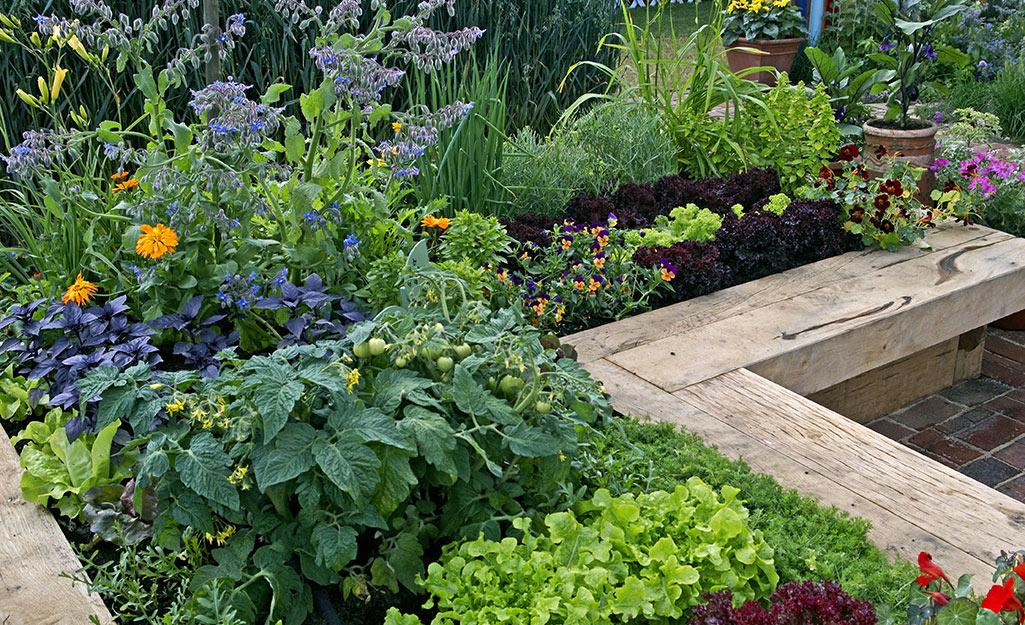
Organic gardeners focus on building up soil to support the healthy growth of the plant. You can nourish the soil with amendments like compost from your own compost pile or purchased amendments like composted manure. Healthy soil supports vigorous plants that resist pests and diseases. Boost your soil with organic fertilizers when planting and also top-dressing mid-season.
How to Apply Fertilizer
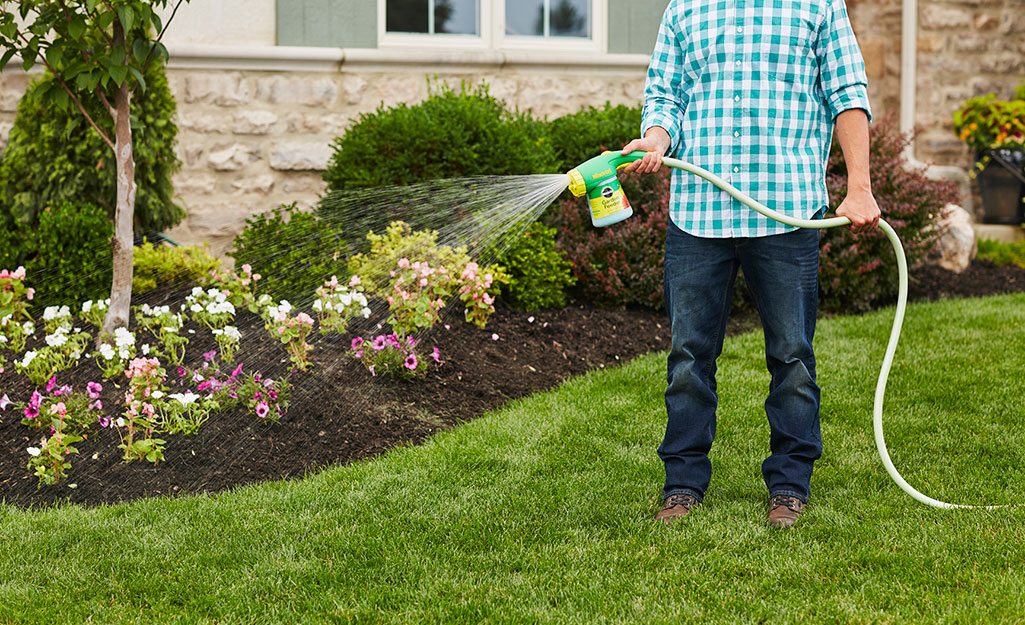
Apply fertilizer directly to soil, avoiding stems and leaves. You also want to fertilize plants early or late in the day to avoid the sun interacting with the fertilizer and “burning” your plants.
Read label directions carefully before using fertilizers. Twice as much does not mean twice as effective, and may harm plants. In fact, you may find that mixing fertilizers at half-strength may be enough for your plants. Always store fertilizers out of reach of children and pets. Keep the products in the original packages.
Keep Container Plantings Fresh
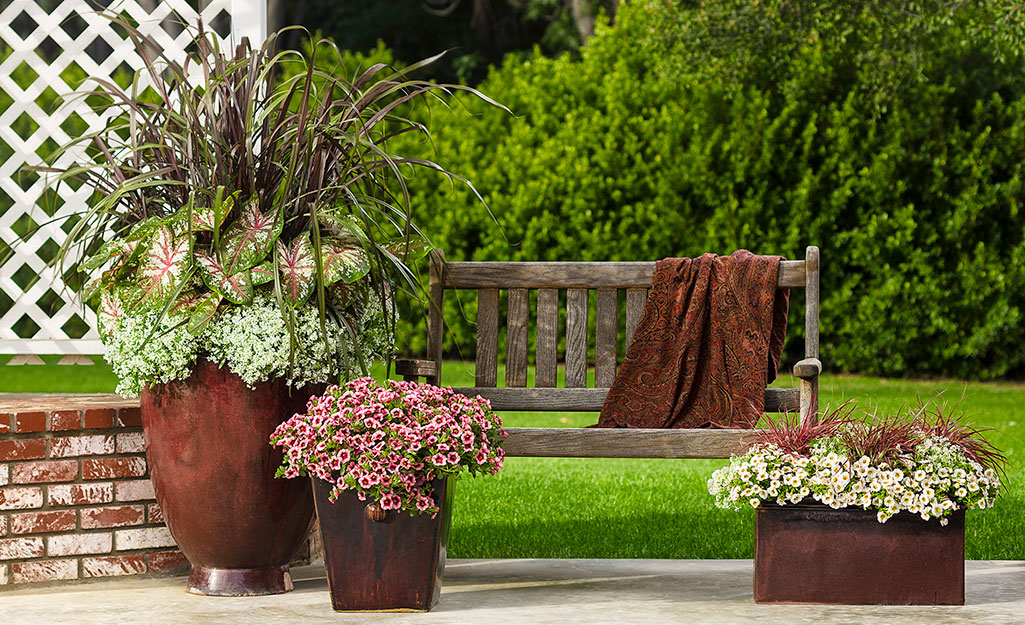
Beautiful container plantings of annuals need regular doses of fertilizer to keep their good looks through the season. Use water-soluble fertilizer for boosting blooms and foliage in containers, and apply according to label directions, usually weekly. Use organic plant food for container edibles such as vegetables and herbs.
Give your garden some love when you use fertilizer to boost blooms, foliage and root growth. It all begins when you learn about N-P-K (nitrogen, phosphorus and potassium), and how they work together to build healthy plants. Need fertilizer or more? The Home Depot delivers online orders when and where you need them.






